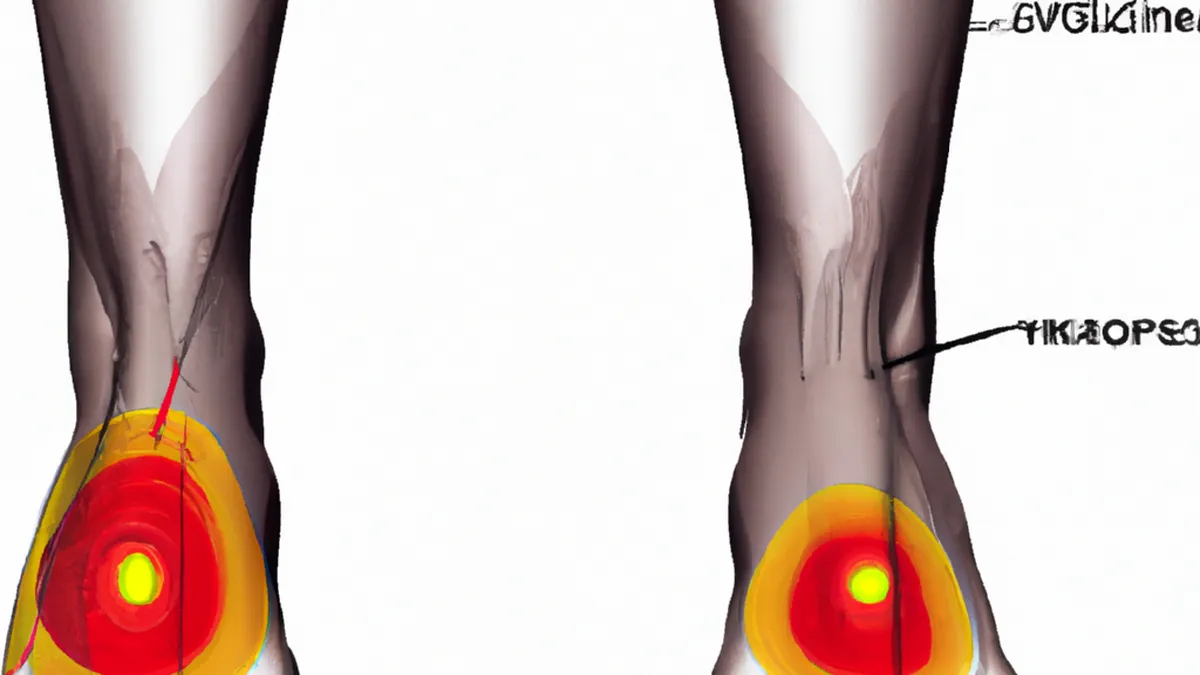Unraveling the Mind-Body Connection in Tendon Pain
Understanding the Psychological Aspects of Chronic Tendon Pain
Chronic tendon pain affects millions worldwide and disrupts daily life significantly. Researchers document the physical aspects well, but they often overlook psychological components. Understanding these psychological aspects can improve management strategies and enhance quality of life.
The Mind-Body Connection
Research shows a strong link between physical pain and psychological factors. Chronic pain can trigger anxiety, depression, and social isolation. Emotional distress can worsen pain perception, creating a challenging cycle. Persistent pain can make individuals feel helpless or frustrated, increasing their pain awareness. Therefore, addressing both physical and psychological components is essential for effective management.
Emotional Responses to Pain
Chronic tendon pain triggers various emotional responses, including anger, sadness, frustration, and fear. These emotions directly affect how individuals perceive and respond to pain. For example, anger can increase muscle tension, intensifying pain. Conversely, sadness or hopelessness may lead to inactivity, worsening the condition.
Recognizing these emotional responses aids effective pain management. Validating these feelings helps individuals approach their pain with compassion. They can view emotions as part of their healing process rather than obstacles.
Coping Mechanisms
Individuals develop various coping mechanisms for chronic pain, influencing their emotional well-being. Some rely on medications, while others explore alternative therapies like acupuncture or physical therapy. However, not all coping strategies work equally well.
Mindfulness practices, such as meditation, yoga, and deep-breathing exercises, often prove beneficial. These techniques encourage present-moment focus, reducing anxiety about the future and regrets about the past. Engaging in mindfulness can promote relaxation and alleviate pain symptoms.
Social support also plays a crucial role in coping with chronic tendon pain. Friends and family provide emotional nourishment and encouragement, reducing feelings of isolation. Sharing experiences with others facing similar challenges fosters community and understanding.
Tips for Managing Psychological Aspects
1. **Educate Yourself**: Knowledge empowers you. Learning about chronic tendon pain and its psychological factors can lessen fear and anxiety. Understanding pain as a complex interplay of physical and emotional elements helps reframe experiences.
2. **Practice Mindfulness**: Incorporate mindfulness techniques into your routine. Simple practices like focusing on your breath or engaging in guided meditations keep you grounded. Regular practice can change your relationship with pain, making it more manageable.
3. **Seek Professional Help**: Consider consulting a mental health professional for support.
Conclusion
Understanding the psychological aspects of chronic tendon pain offers valuable insights. Addressing both physical and emotional factors can enhance management strategies and improve quality of life.
Below are related products based on this post:
FAQ
What is the relationship between psychological factors and chronic tendon pain?
Chronic tendon pain is closely linked to psychological factors such as anxiety, depression, and social isolation. Emotional distress can exacerbate pain perception, creating a challenging cycle where persistent pain leads to feelings of helplessness and frustration. Addressing both the physical and psychological components is essential for effective pain management.
How do emotional responses affect pain perception in individuals with chronic tendon pain?
Emotional responses such as anger, sadness, frustration, and fear can significantly influence how individuals perceive and respond to chronic tendon pain. For instance, anger may lead to increased muscle tension, intensifying the pain, while feelings of sadness or hopelessness can result in inactivity, further worsening the condition. Recognizing and validating these emotions can help individuals approach their pain more compassionately.
What coping mechanisms are effective for managing the psychological aspects of chronic tendon pain?
Effective coping mechanisms for managing the psychological aspects of chronic tendon pain include mindfulness practices like meditation, yoga, and deep-breathing exercises, which help reduce anxiety and promote relaxation. Additionally, social support from friends and family is crucial, as it provides emotional nourishment and helps alleviate feelings of isolation. Engaging in these strategies can significantly enhance emotional well-being and pain management.















Post Comment